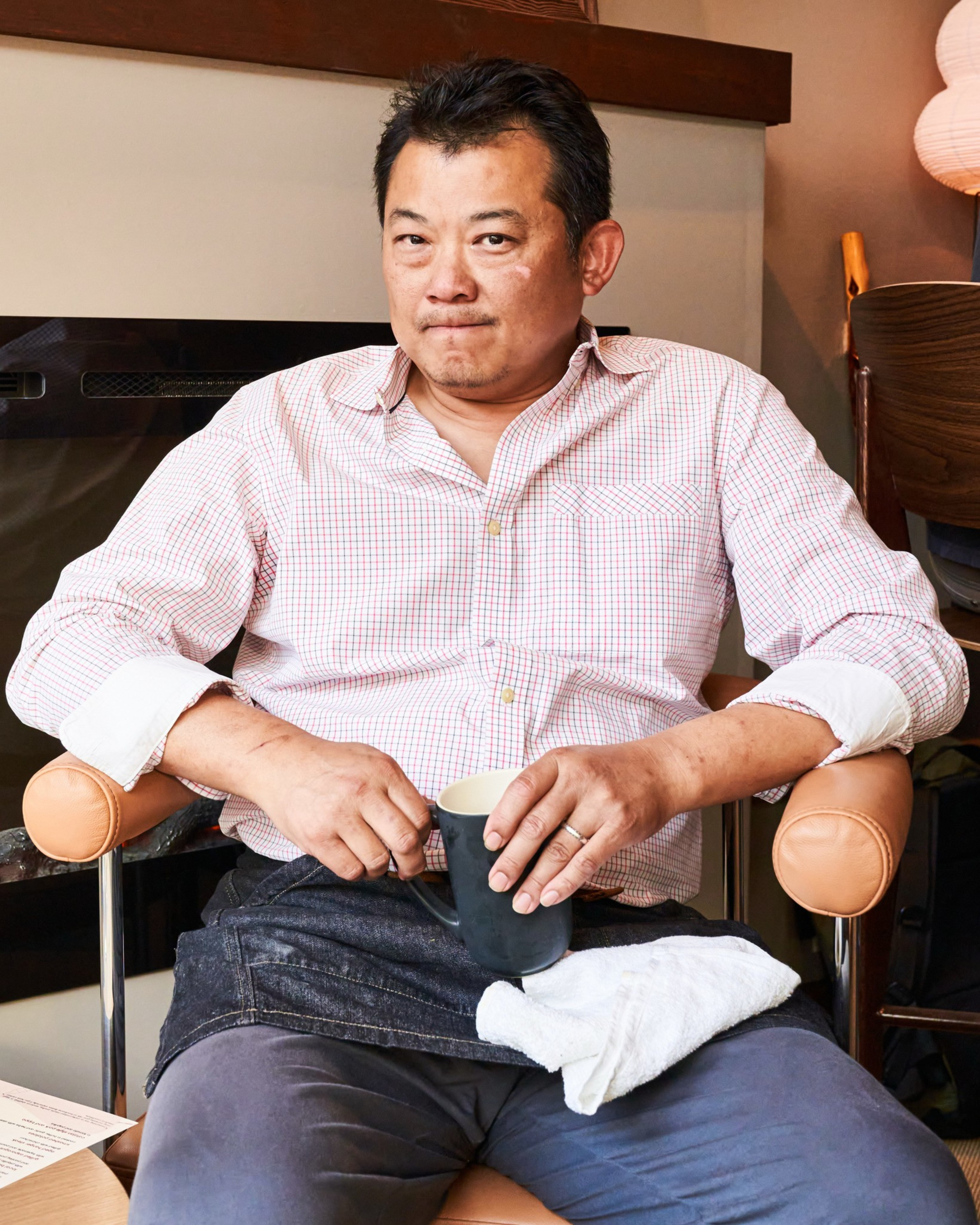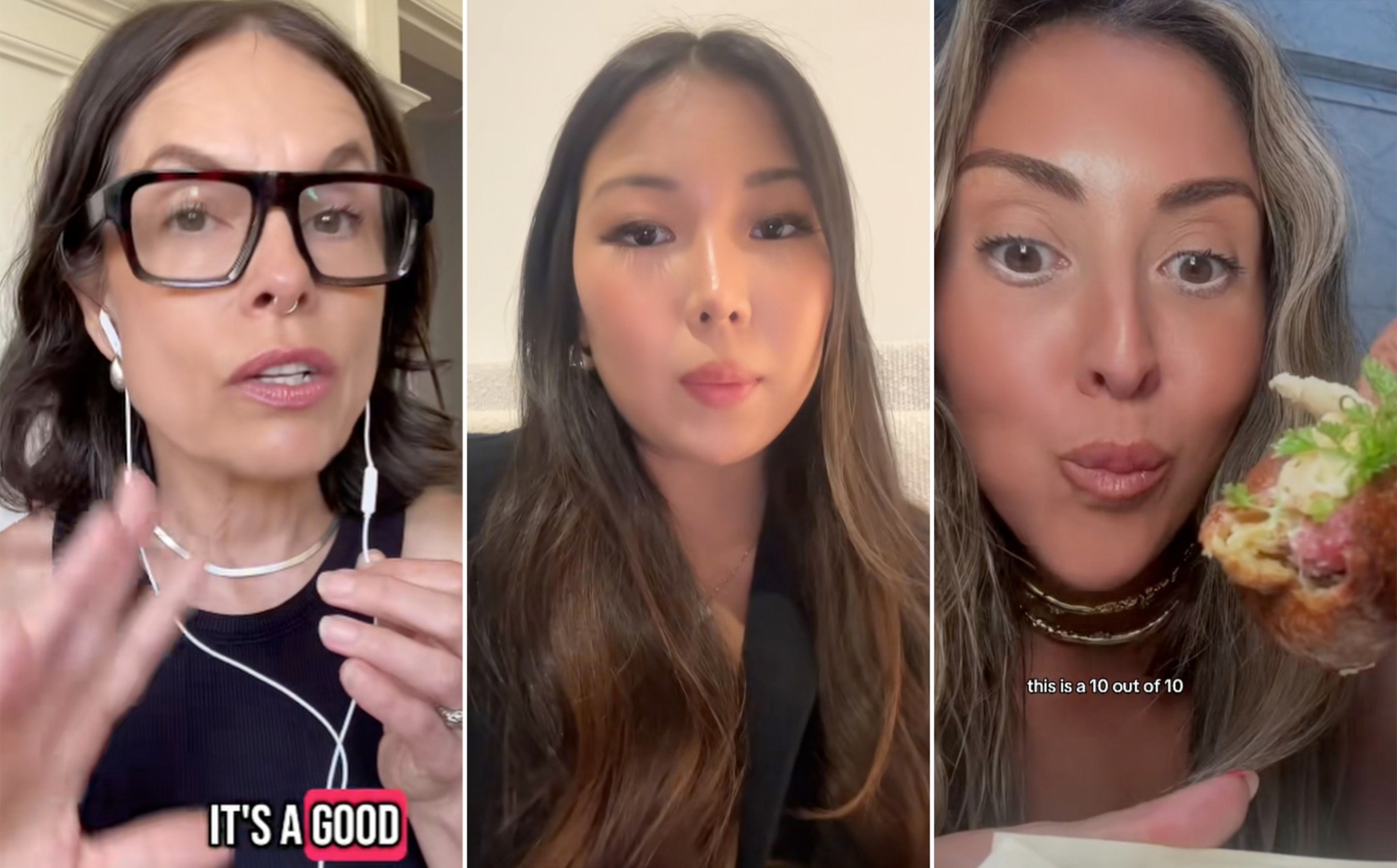Elon Musk may have declared (opens in new tab) that cancel culture has itself been canceled, but he obviously hasn’t dined out in San Francisco lately.
In case you somehow missed it: Last week, a local content creator who posts under the handle @itskarlabb ignited a firestorm by posting a five-minute TikTok (opens in new tab) detailing an awkward, somewhat humiliating encounter with chef Luke Sung of Hayes Valley’s Kis Cafe.
The influencer said Sung disparaged her low number of followers and “homey” recipes and demanded, “Do you know who I am?” — a phrase that has never redounded to the speaker’s advantage. Though the wine bar went unnamed in the TikTok video, online sleuths used contextual clues to identify it as 3-month-old Kis Cafe. Then they pounced, eviscerating the business on all fronts, from Yelp to Instagram.
Within 36 hours of the TikTok video going live, Sung was out. By Friday, co-owner Eric Lin told The Standard that Kis Cafe will close and reopen as a new concept. He couldn’t provide firm dates, saying his priority was ensuring his staff get paid and the food in the fridges doesn’t go bad. “I’m monitoring the virality of everything,” he said. “It should be soon.”

Sung’s decision to step down (opens in new tab) was his and his alone, added Lin, a junior partner and first-time restaurateur. But the blast radius stretched far beyond Hayes Valley. Isa (opens in new tab), the Cal-French restaurant in the Marina that Sung sold in 2010, took such flak that its current owner begged for mercy in the TikTok comments.
During a 45-minute interview with Lin at Kis Cafe, two passersby held their phones to the window to take snaps of the restaurant’s interior. Even in the face of such scrutiny, Lin is determined to soldier on. Still, the sordid episode underscores who really wields power in the dining universe in 2025. Clearly, chefs and owners don’t have control over their narratives the way they once did — and recent events raise questions about the reach of food critics, too.
In the influencer ecosystem, accountability seems unevenly distributed, at best. We reached out several times to the email address associated with @itskarlabb and did not hear back. Even after her story made national news (opens in new tab) and chalked up 21 million views on TikTok, her identity remains unknown. Although she took down an acclaimed chef and now boasts more than 400,000 followers — up from 20,000 last week — she has neither granted a single interview nor taken responsibility for the carnage and collateral damage her post unleashed.
Several readers wrote to The Standard excoriating the influencer for taking action far out of proportion with the initial offense. “They don’t kiss your ass like you think they should, [so] you go on there to destroy people’s businesses and their livelihoods?” one asked.
Then there’s the seeming caprice of it all. One Bay Area chef gets hounded out of a job while another with a record of alleged abuse opens a smashburger restaurant. Cancel culture may be canceled for some people (see: Andrew Cuomo, Chris Brown, Donald Trump), but in the SF restaurant industry, it seems to be alive and well.
If anything, matters are intensifying. In June, seafood stalwart Swan Oyster Depot had its Yelp page locked down after local creator Kat Ensign noted the mere presence of a Trump hat. In January, Ensign spurred a chef to step down from a trio of restaurants over alleged harassment. Last week, a San Francisco “style coach” named Jennine Jacob roasted (opens in new tab) Ritual Coffee when an employee refused to issue a promised parking voucher after she’d spent $43 at the cafe.
It’s one thing to rant at Southwest Airlines on X or confront Chipotle (opens in new tab) over its allegedly stingy burrito bowls, but it’s a different beast when influencers attack mom-and-pop operations that lack in-house crisis-management teams. And it’s not as if content creators are bound by a code of professional ethics. To the contrary, their willingness to accept free meals in return for favorable coverage makes them walking conflicts of interest.
What’s more, there’s now a strong incentive to catapult oneself to viral stardom by stage-managing one-sided confrontations over low-level grievances, then go into seclusion until the whole thing blows over. “I’m just so grateful to everyone that helped me turn this around and find the silver lining in it,” @itskarlabb posted in a follow-up TikTok (opens in new tab).
Has the attention economy’s power simply become insurmountable? It looks that way. As an exhausted Lin mulls over Kis Cafe’s next incarnation, he still expresses an openness to collaborations with influencers. It wouldn’t be fair to judge all content creators based on one interaction, he says.
That’s a risk other restaurant owners might not want to take.
